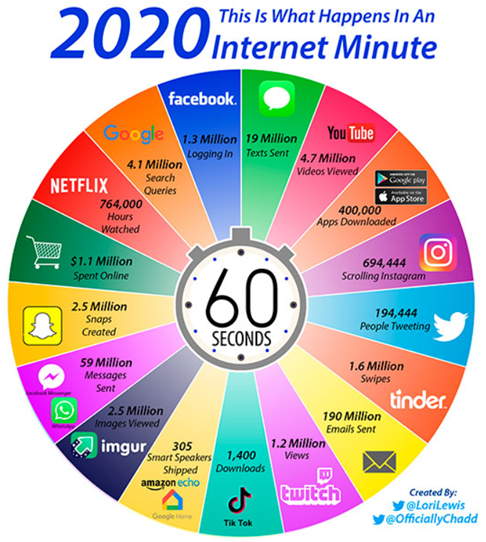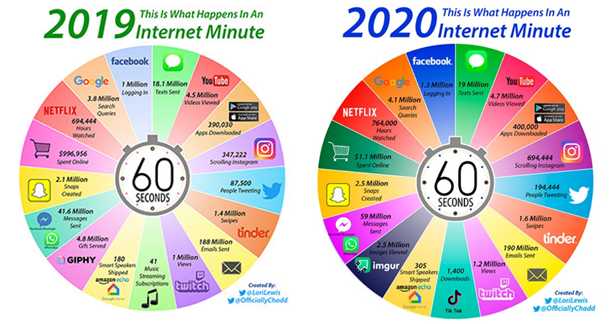Did the Plaintiff Send a Letter to Confer with Defendants? It’s Anybody’s “Guess”: eDiscovery Case Law
See what I did there? ;o)
In Simpson v. J.L. Guess et al., No. 3:18-cv-547-J-39PDB (M.D. Fla. March 20, 2020), Florida District Judge Brian A. Davis ruled on several motions from both the plaintiff and defendants, including denying the defendants’ motion for sanctions over whether the plaintiff sent a letter to confer with defense counsel about the motion to compel.
Case Background
In this case by a prisoner proceeding pro se alleging use of excessive force by six correctional officers, the Court ruled on the plaintiff’s motion to compel, the plaintiff’s motion for an extension of time to respond to the defendants’ motion for summary judgment, the plaintiff’s request to strike a declaration of defense counsel and the defendants’ request for sanctions up to dismissal of the action.
Judge’s Ruling
With regard to the plaintiff’s motion to compel and motion for an extension of time, the defendants responded that three officers had no records of discipline, and three others had no records of discipline for use of excessive force on an inmate. But, Judge Davis stated, in granting both motions: “Contrary to the defendants’ argument, records of discipline are relevant even if the discipline was for something other than use of excessive force on an inmate…In responding to the discovery request, the defendants made no objection about proportionality, instead focusing on relevancy, inadmissibility under Federal Rule of Evidence 404(b), and confidentiality and now provide no analysis about proportionality using the pertinent factors.”
However, Judge Davis denied the plaintiff’s request to strike a declaration of defense counsel, stating: “Accepting a lawyer’s representation that his client has no responsive documents is commonplace in civil litigation absent evidence of misrepresentation beyond conjecture. Matters about discovery collection and review will not be part of the trial as matters merely collateral to the claims tried before the jury. There is no risk defense counsel will be called to testify at trial.”
With regard to the defendants’ motion for sanctions, the plaintiff declared (under penalty of perjury) he tried to confer with defense counsel about the motion to compel by letter (and included a copy of the letter), but received no response. Conversely, defense counsel declared (under penalty of perjury) he received no letter from the plaintiff and contended the plaintiff was “a liar and a fraudster who has maligned defense counsel’s character”. There was a dispute over whether the prison logs outgoing mail from prisoners, but Judge Davis said:
“The declarations create material issues of fact on facts immaterial to the merits of the claims and defenses: whether the plaintiff lied when he said he mailed the letter, whether defense counsel lied when he said he never received the letter, whether no one lied because the letter was sent but not received due to inadvertent misplacement or loss at the prison, the post office, or defense counsel’s office, and whether defense counsel misled the Court by suggesting the log would reflect outgoing mail. In the interest of the just, speedy, and inexpensive resolution of this action…the Court declines to conduct an evidentiary hearing on these collateral issues or otherwise divert limited resources to trying to resolve them and thus denies the defendants’ request for sanctions…But to confront an alleged but unaddressed misrepresentation by a lawyer, the Court directs defense counsel to inform the Court whether any log actually would reflect outgoing mail sent by the plaintiff…The information must be provided by April 30, 2020.”
So, what do you think? Should the plaintiff be given the benefit of doubt under the circumstances? Please let us know if any comments you might have or if you’d like to know more about a particular topic.

Case opinion link courtesy of eDiscovery Assistant.
Sponsor: This blog is sponsored by CloudNine, which is a data and legal discovery technology company with proven expertise in simplifying and automating the discovery of data for audits, investigations, and litigation. Used by legal and business customers worldwide including more than 50 of the top 250 Am Law firms and many of the world’s leading corporations, CloudNine’s eDiscovery automation software and services help customers gain insight and intelligence on electronic data.
Disclaimer: The views represented herein are exclusively the views of the author, and do not necessarily represent the views held by CloudNine. eDiscovery Daily is made available by CloudNine solely for educational purposes to provide general information about general eDiscovery principles and not to provide specific legal advice applicable to any particular circumstance. eDiscovery Daily should not be used as a substitute for competent legal advice from a lawyer you have retained and who has agreed to represent you.









